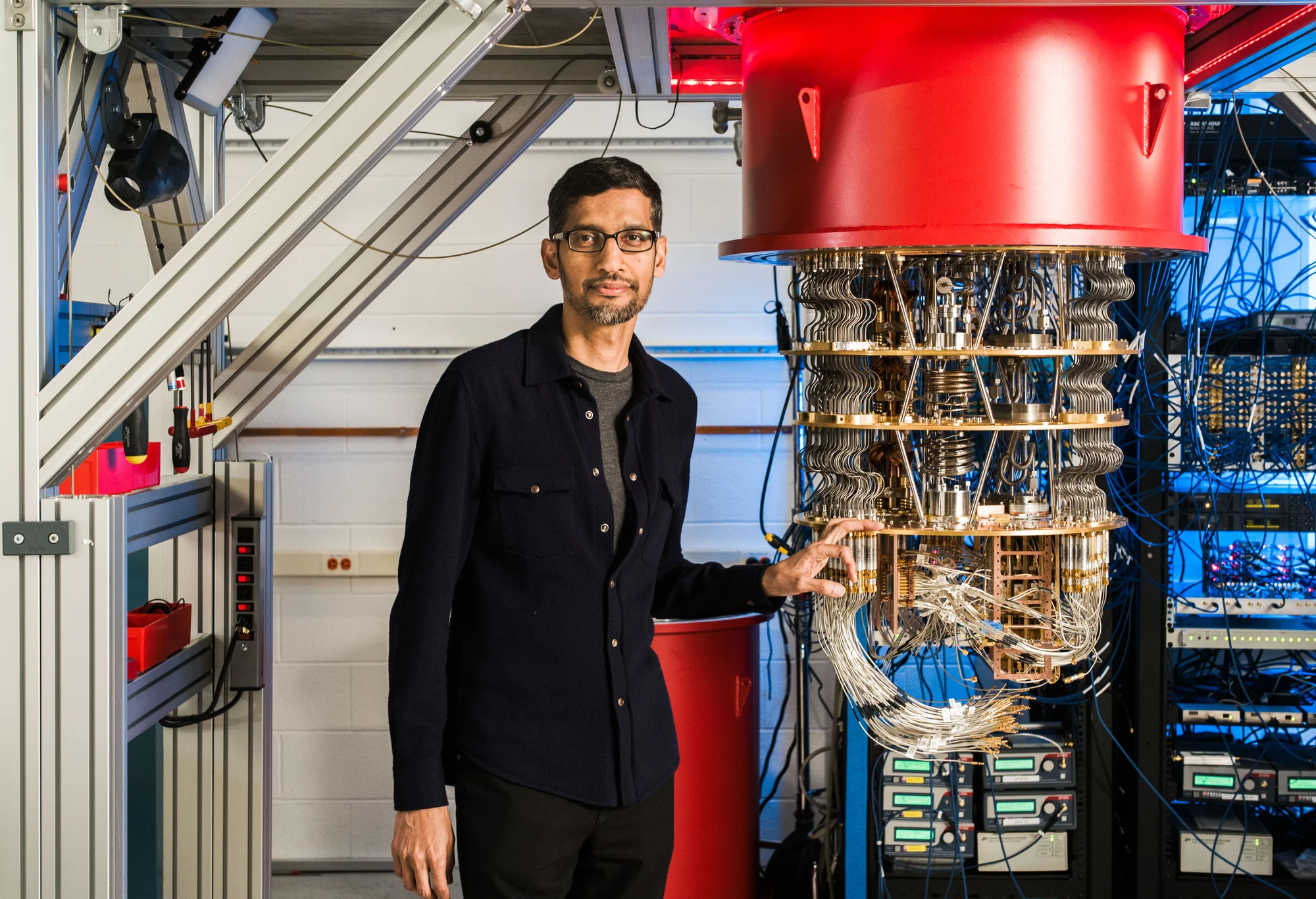Quantum Computer
 Harsh Sahare
Harsh SahareTable of contents

Quantum Computing: A Game Changer in Cryptography
Cryptography, the science of secure communication, has been an essential part of modern communication systems. It is used to keep sensitive information, such as personal data, financial transactions, and military secrets, secure from unauthorized access. In recent years, with the emergence of quantum computing, the field of cryptography is undergoing a significant transformation.
Before we delve into how quantum computing affects cryptography, let's understand the basics of quantum computing.
What is Quantum Computing?
Quantum computing is a new paradigm of computing that utilizes quantum-mechanical phenomena, such as superposition and entanglement, to perform operations on data. Unlike classical computing, where data is processed in a binary format (0 or 1), quantum computing allows data to exist in multiple states simultaneously, called qubits. This makes quantum computing exponentially faster than classical computing, especially for certain computational problems.
RSA and ECC: The Pillars of Cryptography
Two of the most widely used encryption algorithms in cryptography are RSA and ECC.
RSA (Rivest-Shamir-Adleman) is a public-key encryption algorithm that uses prime numbers to generate public and private keys. The public key is used to encrypt data, while the private key is used to decrypt the data. RSA is widely used in internet security protocols, such as SSL/TLS, HTTPS, and SSH.
ECC (Elliptic Curve Cryptography) is another public-key encryption algorithm that uses the mathematical properties of elliptic curves to generate public and private keys. ECC is more secure than RSA, requires less computation power, and is faster. ECC is used in mobile communication systems, such as 3G, 4G, and 5G.
How Quantum Computing Breaks RSA and ECC ?
RSA and ECC are based on the mathematical complexity of factorization and discrete logarithm problems, respectively. These problems are computationally hard to solve for classical computers, but quantum computers can solve them efficiently using Shor's algorithm.
Shor's algorithm is a quantum algorithm that can find the prime factors of large numbers, which forms the basis of RSA. Similarly, it can solve the discrete logarithm problem, which forms the basis of ECC.
Therefore, the security of RSA and ECC is at risk in the era of quantum computing. A quantum computer with enough qubits and quantum gates can break RSA and ECC encryption in a matter of seconds.
New Encryption Algorithms for Quantum Computing
The threat of quantum computers breaking the existing encryption algorithms has led to the development of new encryption algorithms that are resistant to quantum attacks. These algorithms are called post-quantum cryptography (PQC) algorithms.
PQC algorithms are based on mathematical problems that are hard to solve even for quantum computers. One such algorithm is the lattice-based cryptography algorithm, which is resistant to quantum attacks and is being considered as a replacement for RSA and ECC.
Conclusion
Quantum computing is a game-changer in the field of cryptography. It has the potential to break the existing encryption algorithms, such as RSA and ECC, that form the backbone of secure communication systems. However, the development of post-quantum cryptography algorithms can provide a solution to this problem.
The emergence of quantum computing and post-quantum cryptography has opened up new possibilities for secure communication systems, and it will be interesting to see how this technology develops in the future.
Subscribe to my newsletter
Read articles from Harsh Sahare directly inside your inbox. Subscribe to the newsletter, and don't miss out.
Written by

Harsh Sahare
Harsh Sahare
I am dreamer...